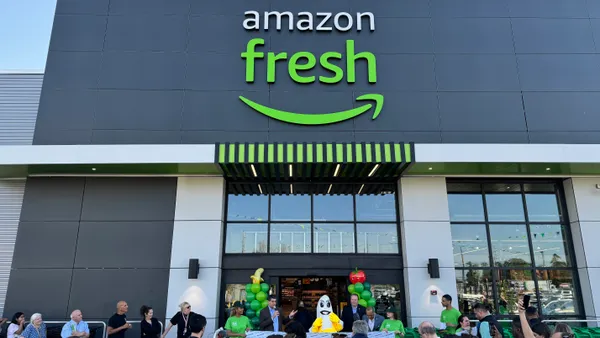Dive Brief:
- Employers recognize the value to employees of family-planning benefits, Maven’s State of Fertility & Family Benefits in 2023 report suggests. Among the nearly 600 HR professionals who responded to Maven’s survey, 63% said they planned to increase family health benefits within the next few years. Eighty-seven percent said they recognized family benefits are “extremely important” to current and prospective employees.
- Employers may be picking up on employee interest in growing their families. Thirty percent of employee respondents said they are currently expecting a child or hope to grow their family within the next couple years, and 43% of those said they expect to need fertility treatments, adoption services or surrogacy services to do so.
- Better family-planning benefits may help with retention, Maven’s report suggests. More than a third of employees said they’d left or considered leaving a job because of inadequate family benefits.
Dive Insight:
Employers have increasingly adopted fertility and family-planning benefits in recent years, including retailers like Walmart and Target. The trend comes as businesses seek to offer more benefits employees say they need, like financial planning and mental health resources.
Awareness of the need for fertility and family-planning support is growing. According to data from the Centers for Disease Control and Prevention, 1 in 8 couples have trouble getting pregnant or sustaining a pregnancy. In addition, more nontraditional couples are seeking options like adoption and surrogacy to build their families.
Varying and improving access to fertility and family-planning care may also help companies work toward some DEI goals. When Walmart expanded its doula services benefit to Indiana, Illinois and Louisiana last June, it cited the maternal mortality rate for Black mothers in Louisiana, which is four times higher than for White mothers. Companies that improve access to adoption and surrogacy care can likewise help meet the needs of LGBTQ staff.













